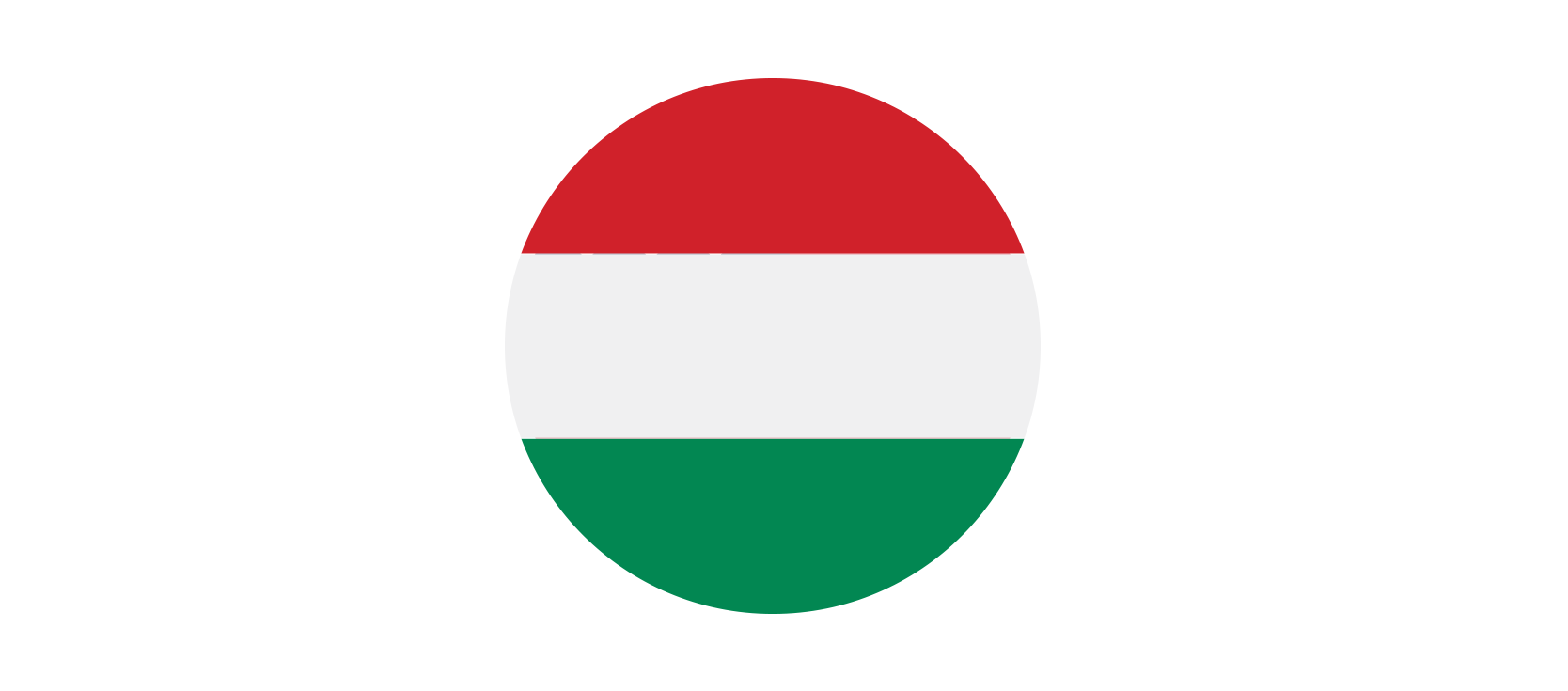Text Machteld van Kempen
WUR is incredibly diverse, with hundreds of internationals working and studying here. In the ‘Meanwhile In’ column, we ask one of them to comment on certain events in their home country. This time, International Land & Water Management BSc student Anna Gnaj (23) talks about the Budapest Pride in Hungary on 28 June, which the government banned and which the organizers say was attended by 180,000 to 200,000 people.
‘In the last few years, Orban has taken numerous measures against the queer community to oppress them. I always felt ashamed of my country’s political situation and frustrated to be associated with these views by being Hungarian. One of the reasons to leave Hungary for me was because I felt many people in rural Hungary had very conservative ideologies and I wanted to broaden my horizons. Living in the Netherlands has shown me that even older generations can be accepting. It has also allowed me to explore more of my own masculine side and sexuality.
‘Unfortunately, there are still a lot of people who don’t want to change their views, but this is not because they’re inherently intolerant. It is because they are fed propaganda and one-sided narratives by the government, which controls the media. As someone who is living abroad, I believe we can influence social change from the outside because we have been exposed to different political systems and social norms, which has diversified how we see the world. By sharing these ideas back home, we can induce open conversations on these issues.
‘Many people attended the recent Pride March in Budapest not just to support the LGBTQ+ community but also to take a stance against the erosion of our fundamental rights as citizens. The fact that it happened gave me hope, because it showed me that people are starting to see through the system and they are willing to speak up, even in these symbolic ways. I hope that the younger generations will keep pushing back and that they will keep questioning the system. The Pride March was a perfect example that it is possible. I hope it reminded everyone that even in a very controlled and polarized environment, resistance and solidarity can still emerge. And I hope we can slowly help shift the narrative about Hungary in this way.’




